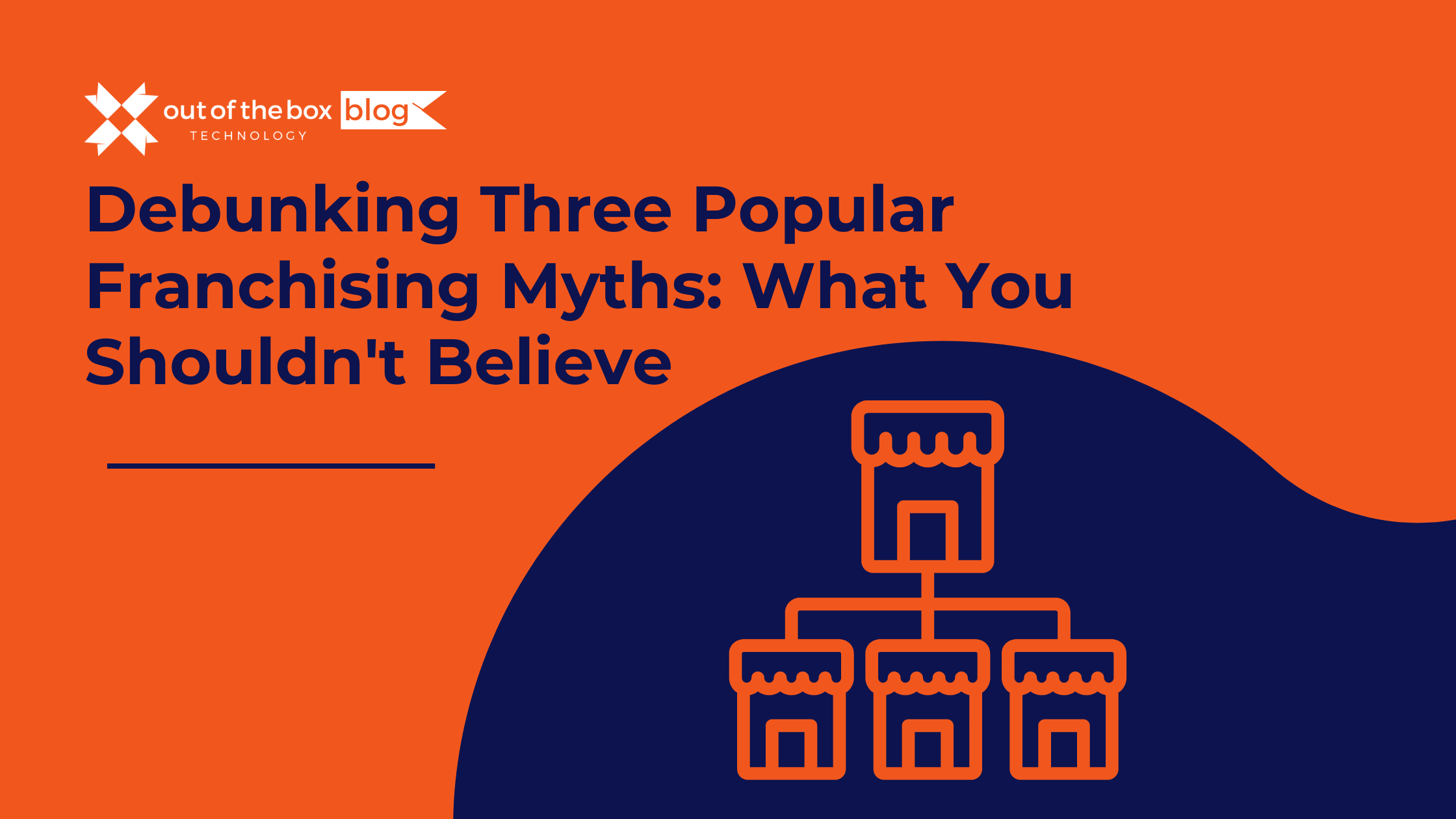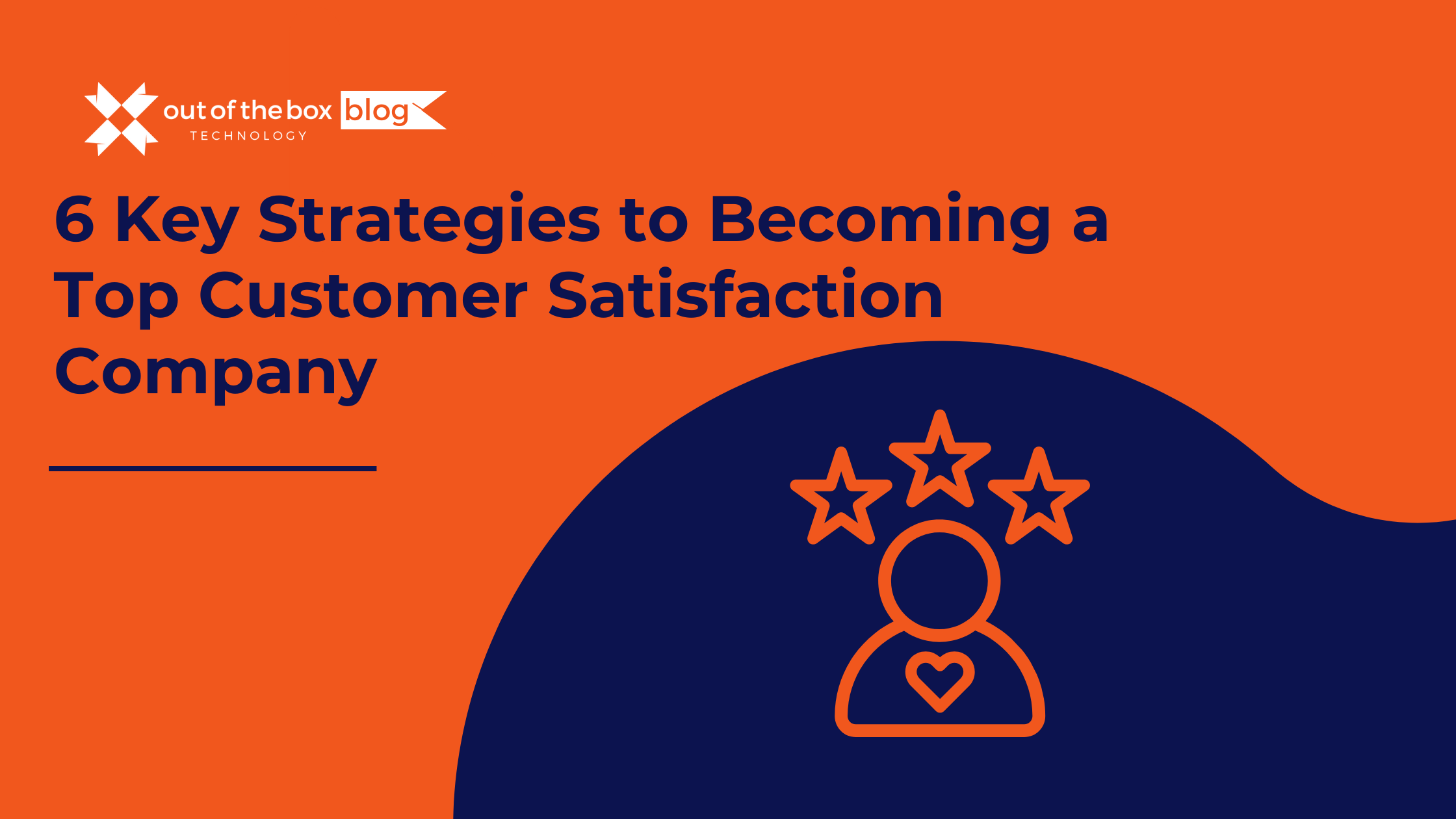Franchising, a business model that has paved the way for global giants and local favorites alike, often falls prey to numerous misconceptions. In this in-depth analysis, we will debunk three of the most common myths surrounding franchising, thereby illuminating why companies should consider this model to scale their businesses. Additionally, we will explore how franchising can present an excellent opportunity for entrepreneurs to generate both economic and social value.
Three Popular Franchising Myths That Are Wrong
Myth 1: Franchising Severely Limits the Entrepreneur’s Autonomy
The Reality: This myth stems from the notion that franchisors impose strict rules and systems, leaving little room for franchisees to exercise their creativity and decision-making. However, this is a nuanced issue. While it is true that franchisors provide a framework and guidelines to ensure brand consistency and quality, many also encourage innovation and local customization. Franchisees often have the autonomy to make decisions regarding day-to-day operations, staffing, and local marketing strategies. The key is finding the right balance between adhering to the proven business model and adapting to local market demands. Successful franchises often thrive on this collaborative approach where the franchisees’ insights and on-ground experiences are valued and integrated into the broader business strategy.
Myth 2: Franchising Is Only for Fast Food and Retail
The Reality: While fast food and retail franchises are undoubtedly prominent, the franchising model extends far beyond these sectors. Franchising has made significant inroads in diverse industries such as healthcare, education, business services, and technology. The beauty of franchising lies in its adaptability; almost any type of business can be franchised as long as it has a replicable business model and brand value. For instance, service-oriented sectors like home repairs and cleaning services have seen a surge in franchising. This expansion into various industries means that franchising is not just a pathway for certain types of businesses but is a versatile model that can be tailored to different market needs and sectors.
Myth 3: High Initial Investment Means Lower Profitability
The Reality: The initial investment in franchising can be substantial, covering franchise fees, setup costs, and operational expenses. However, it is essential to consider the long-term perspective. Franchises often benefit from the franchisor’s established brand recognition, tested business model, ongoing support, and collective marketing efforts. These factors can lead to quicker break-even points and higher long-term profitability compared to starting a business from scratch. Furthermore, franchisors often have established relationships with suppliers and vendors, which can result in lower operational costs for franchisees. It’s crucial for potential franchisees to conduct thorough due diligence and analyze the franchisor’s track record, support systems, and the overall financial health of the business model.
The Argument for Franchising
Franchising offers a unique blend of entrepreneurship and established business practices. For companies, it provides a viable model to expand their footprint without the hefty capital expenditure typically associated with business growth. It allows them to leverage the local knowledge and investment of franchisees, creating a network that is locally responsive yet globally connected.
For entrepreneurs, franchising can be a gateway to business ownership with a reduced risk profile. The support from the franchisor in terms of training, operational guidelines, and marketing, coupled with the brand’s existing reputation, can be invaluable assets. Moreover, franchising can contribute significantly to local economies by creating jobs and fostering local business ecosystems.
Summary
By debunking these myths, we can see franchising in a new light – as a dynamic, flexible, and potentially lucrative business model that is not confined to specific sectors or stifled by lack of autonomy. For those looking to scale their business or embark on an entrepreneurial journey, franchising offers a path that balances risk with support, innovation with proven systems, and individual ambition with collective strength. As with any business venture, success in franchising requires due diligence, a strategic fit, and a commitment to the model’s core principles, but the potential rewards make it a compelling option for many.
Schedule a complimentary QuickBooks data file review today for a quick and easy QuickBooks health check.




